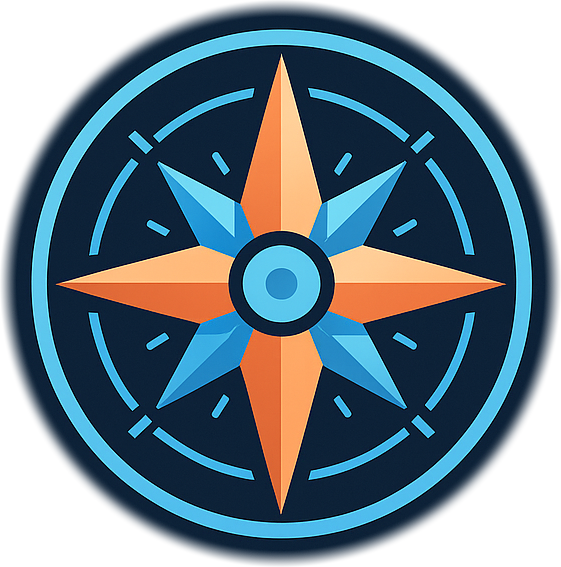What is a CRM? The question pops up the moment email threads, spreadsheets and chat messages can no longer keep pace with your customer activity. If you handle more than a handful of accounts, scattered information turns into missed deadlines and lost revenue.
A Customer Relationship Management system—CRM for short—solves that chaos by putting every interaction, order and follow-up in one place.
Why a CRM matters
• Central hub: contact data, quotes, invoices and project notes live in a single dashboard.
• Process automation: reminders, status updates and routine emails run on autopilot.
• Real-time insight: reports show pipeline health, conversion rates and outstanding tasks at a glance.
• Unified teamwork: sales, support and marketing share the same up-to-date information.
How a CRM works
Think of it as the control panel of your business:
1. Lead capture – website forms, email or phone logs feed prospects directly into the system.
2. Opportunity tracking – each lead moves through stages you define, from initial enquiry to closed deal.
3. Task automation – the CRM schedules follow-ups, creates calendar events and even issues invoices.
4. Analytics – dashboards highlight bottlenecks, best-performing products and customer lifetime value.
Frequently asked questions
What is a CRM?
Customer Relationship Management software stores customer data, automates routine tasks and helps teams manage sales, service and marketing in one place.
Does every business really need a CRM?
If you juggle more than five active customers at once, a CRM prevents lost information, duplicated effort and inconsistent service.
Why choose a custom CRM instead of a generic one?
Niche industries such as construction materials or field services have workflows that off-the-shelf products ignore—complex orders, staged deliveries, multiple price lists. A custom CRM mirrors those specifics and integrates with the tools you already use.
Types of CRM systems
Operational – automates sales and support touchpoints.
Analytical – turns raw data into trends and forecasts.
Collaborative – shares customer information across departments.
A custom CRM can blend all three, tailored to your exact processes.
Custom CRM: the game-changer for complex industries
• Built for your workflow: manage distributors, suppliers and project milestones without work-arounds.
• Full control and security: on-premises or private-cloud hosting keeps sensitive data in your hands.
• Scalable by design: add modules, users or AI assistants as the business grows.
Key benefits you will notice within months
– 360-degree customer view replaces hunting through inboxes.
– Automated reminders free staff for relationship-building, not admin.
– Consistent data improves forecasting accuracy and inventory planning.
– Faster quote-to-cash cycle raises both revenue and customer satisfaction.
Takeaway
A CRM is not just another software licence; it is the backbone that supports every interaction with your customers. When the system is tailored to your unique needs, it becomes a strategic asset that scales effortlessly, safeguards data and drives growth.
Ready to see what a custom CRM could do for your organisation?
Contact Bijuterie Software for a 30-minute discovery call and a free high-level audit outline.
